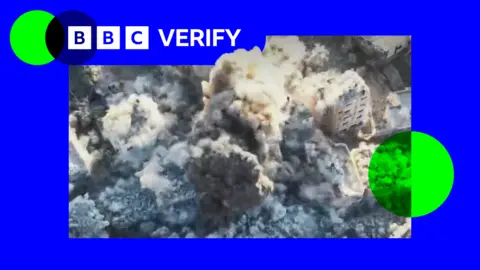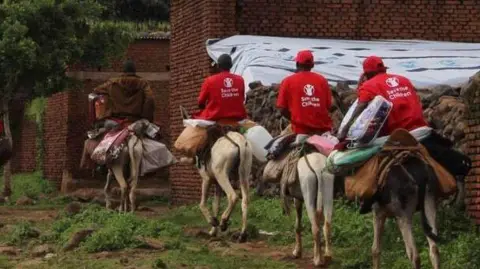The threat of flooding once again looms over the city of Maiduguri, in north-eastern Nigeria, a year after torrential rains and the collapse of a dam left entire neighbourhoods submerged in water. For many residents who are still bearing the scars of last year's floods, the possibility of a repeat has created huge unease.
At least 37 people died in the floods and two million had to abandon their houses after the widespread destruction of homes, farms and businesses.
Forty-two-year-old Sa'adatu Dahiru lost her two-year-old son. He died as a result of hunger and fever during the flood. We had no proper food, no medicine, and no safe place to stay, she lamented. She shared how her family had to rush out in the middle of the night, leaving everything behind.
The Borno state government claims it has supported the affected communities, establishing relief camps and food aid. However, many survivors express frustration over the insufficiency and delay in assistance, with Dahiru stating, None of the other promises from the government have reached us. We are still waiting, still suffering.
In response to the disaster, reconstruction of the dam and dyke system has begun, according to officials who emphasize the longstanding maintenance challenges exacerbated by the regional insurgency. Yet, as the rainy season returns, residents remain apprehensive. How do I start again when I have nothing? asks Dahiru, now burdened with memories of loss.
As Borno state prepares for this year's rains, the poignant stories of survival from individuals like Sa'adatu and Maryam Jidda illustrate the lasting scars of this environmental disaster amid the socio-political turmoil in the region.



















